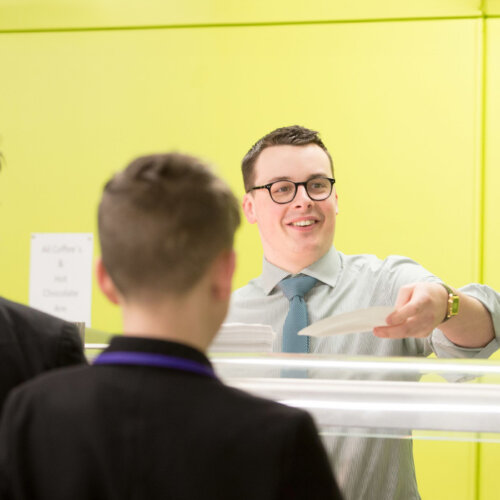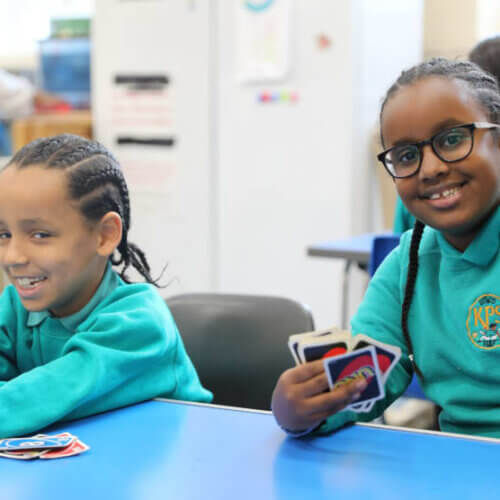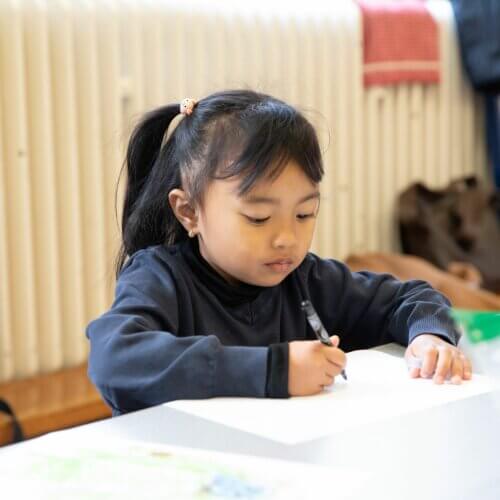Education is one of the most important tools to enable social mobility and to ‘level the playing field’ between disadvantaged students and their wealthier peers. However, despite efforts of UK governments from both major parties, little progress has been made in closing the disadvantage gap.
The disadvantage gap is the difference in educational outcomes between disadvantaged pupils, in England defined as those entitled to free school meals, and their peers. We live in a world that can feel increasingly polarised. However, the idea of a meritocracy – a system in which people are awarded opportunities based on merit rather than their socio-economic background – seems to be widely agreed upon.
Despite this, children from disadvantaged backgrounds are, on average, performing well below their wealthier peers in school. The latest research from the Education Policy Institute shows that during the pandemic year of 2020-21, disadvantaged pupils were around 1.34 grades behind their wealthier peers in GCSE English and maths, which is an increase from 1.26 grades pre-pandemic. If we take a longer-term perspective, the situation sadly does not look much better. Although the disadvantage gap at GCSE level slightly narrowed between 2011 to 2015, no significant progress has been achieved in bridging the gap over the last decade.
This gap can have long term consequences for children and young people. Further education is often contingent on academic achievement at secondary school with research showing that ten years after GCSEs, over 70% of those who went to private school have graduated from university compared with less than 20% of those from the poorest fifth of families.
This follows a person throughout their life with research finding that by the age of 40, the average UK employee with a degree earns twice as much as someone with GCSEs as their highest academic qualification – a process that fuels wider economic inequalities in society.
At Magic Breakfast, we know the importance of ensuring children and young people have the fuel they need to learn in the morning, in order for them to excel and reach their academic potential.
Independent research, found that Year 2 pupils in primary schools offering our breakfast provision can boost their attainment in key subjects by two months’ additional progress compared to children in schools with no such breakfast provision. This could generate long-term economic benefits in excess of £9,000 according to research conducted by Pro Bono Economics. Investing in all children and young people’s education is not only the correct moral choice but also the correct economic one.
Closing the disadvantage gap is vital if we are serious about ‘levelling up’ and ensuring that all children and young people across the UK have the best opportunities to reach their potential.






